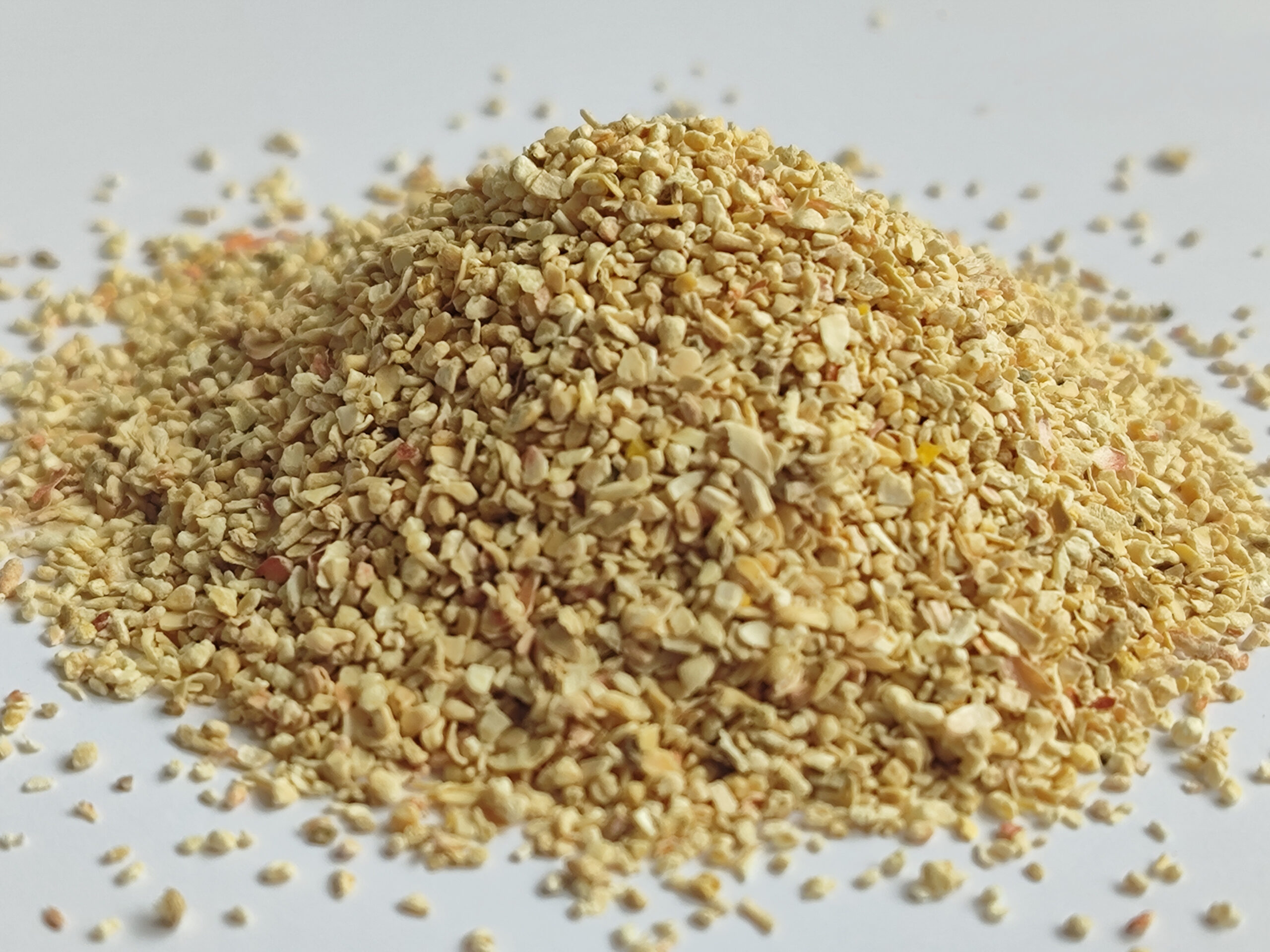What are the specific applications of corn cobs in the papermaking industry?
Corn cobs have the following main applications in the papermaking industry:
Filler: Corn cobs can be used as fillers for cardboard, cement boards, and cement bricks to improve strength and performance.
Fiber raw materials: Corn cobs are rich in cellulose, hemicellulose, and lignin, etc., and can be used as one of the raw materials for papermaking.
Retention aid: Corn cobs can be used to improve the retention performance of pulp and improve the strength of paper.
Filler: Corn cob particles can be used as fillers to improve the finish and opacity of paper.
Water absorbent: Corn cobs have good water absorption and can be used to make products such as toilet paper with strong water absorption.
Biomass fuel: Corn cobs can be used as biomass fuel to generate electricity or heat inside paper mills to achieve resource recycling.
In general, corn cobs, as a renewable natural material, have broad application prospects in the papermaking industry. They can be used as raw materials and additives to improve paper performance, and as fuel to achieve resource recycling. Its environmentally friendly and economical characteristics make it an ideal choice for the papermaking industry.
What are the advantages of corncobs in the polishing of electronic components?
Corncobs have many advantages in the polishing of electronic components, including:
Excellent abrasive properties:
As a natural abrasive, corncobs have moderate hardness and good toughness, which can effectively remove the oxide layer and dirt on the surface of electronic components and improve the finish. After polishing, the surface of the electronic components can achieve a mirror-like effect.
Good adaptability:
The particles of corncob abrasives are irregular in shape and have various edges and corners, which can fully reach the corners, gaps, pits and other difficult-to-reach parts of the workpiece, which is especially important for electronic components with complex shapes.
Efficient water absorption:
Corncobs have strong water absorption capacity, which can quickly remove moisture from the surface of the workpiece during polishing, reduce drying time, and erase minor scratches and water marks on the surface.
Environmental protection characteristics:
As a natural material, corncobs are non-toxic and pollution-free, and meet modern environmental protection requirements. Its use will not burden the environment, which is especially important in industries that increasingly value sustainable development.
Economical:
Corn cobs are widely available and inexpensive, making them more attractive for mass production than other abrasives.
Compatibility with other materials:
Corn cobs can be mixed with ointment polishing materials to enhance the polishing effect, and are suitable for electronic components that have higher requirements for product surface roughness and brightness.
High processing efficiency:
The specially treated corn cob abrasive has a high polishing efficiency and can be polished in only 5-8 hours, which significantly shortens the processing time compared to traditional abrasives.
In summary, the advantages of corn cobs in the polishing of electronic components make it an ideal abrasive choice, which not only improves product quality, but also conforms to the trend of environmental protection and economic development

What are the specific roles of corn cobs in glasses polishing?
The specific roles of corn cobs in glasses polishing include the following aspects:
Excellent polishing effect:
Corn cob abrasives have good durability and softness, and can effectively remove the oxide layer and dirt on the surface of glasses lenses and frames, and improve the finish. After polishing, the surface of the glasses can achieve a mirror-like effect, with high brightness and no watermarks.
Strong adaptability:
Corn cobs are irregularly shaped with various edges and corners, which can fully reach the corners, gaps, pits and other difficult-to-reach parts of glasses, thereby achieving comprehensive polishing.
Strong water absorption:
Corn cobs have strong water absorption capacity, which can quickly remove moisture from the surface of glasses during polishing, reduce drying time, and wipe off minor scratches and water marks on the surface.
Environmental characteristics:
As a natural material, corn cobs are non-toxic and pollution-free, which meets the environmental protection requirements of the modern eyewear manufacturing industry, and its use will not burden the environment.
Economic efficiency:
The raw materials of corn cobs are widely available and low-cost. Compared with other abrasives, its economy makes it more attractive in large-scale production.
Compatibility with other materials:
Corn cobs can be mixed with ointment polishing materials to enhance the polishing effect, which is suitable for glasses with higher requirements for the roughness and brightness of the product surface.
In summary, corn cobs not only improve product quality in the polishing of glasses, but also conform to the trend of environmental protection and economic development, and are an ideal choice of polishing abrasives.
